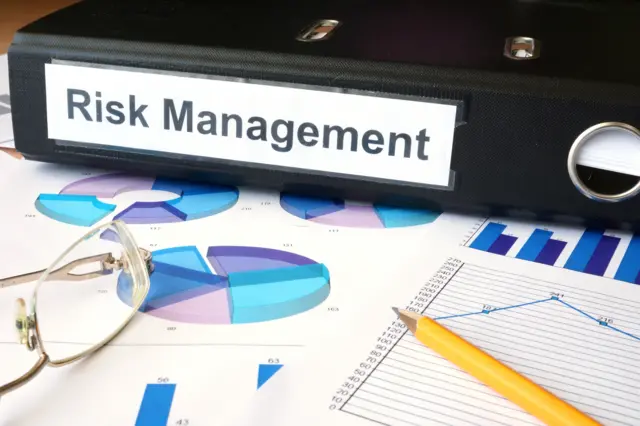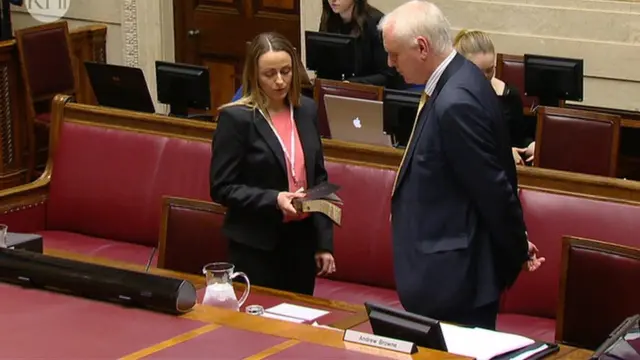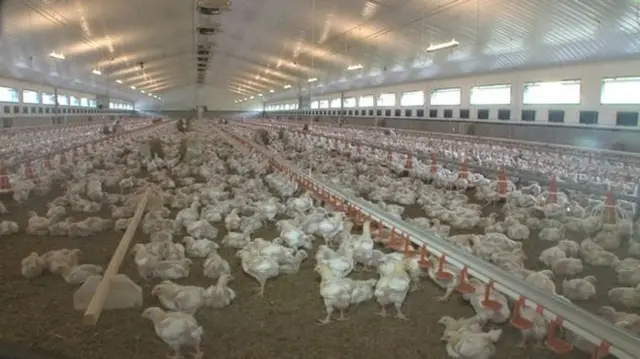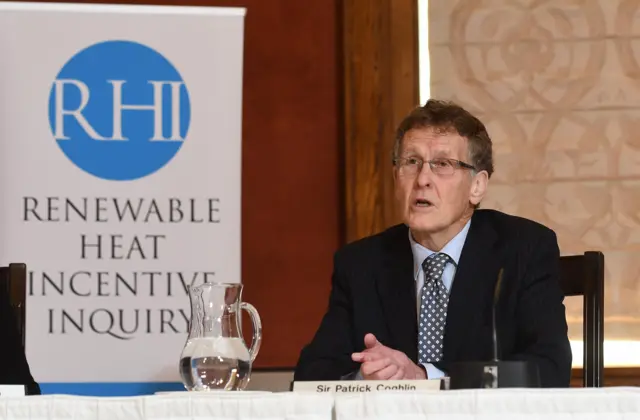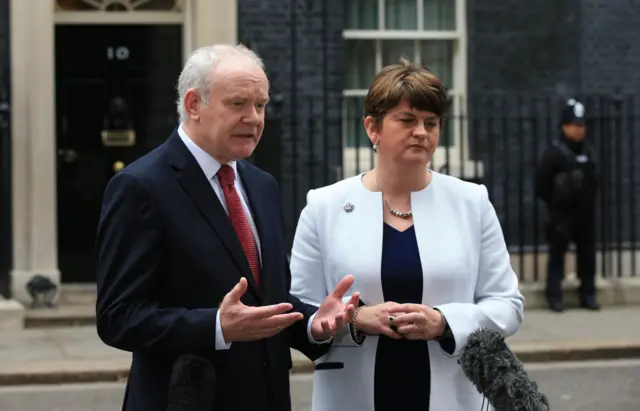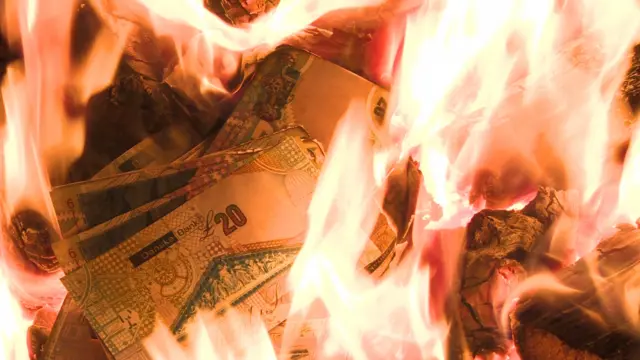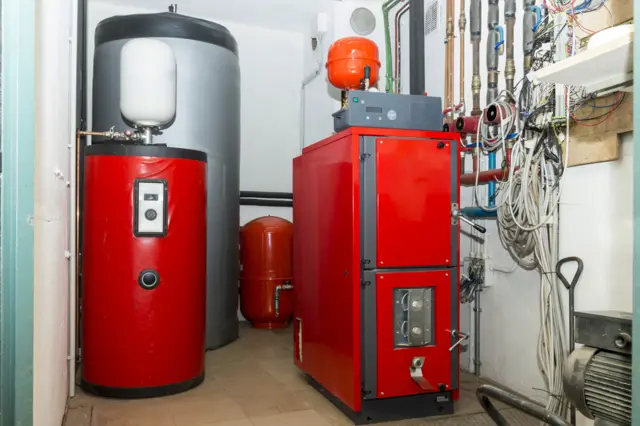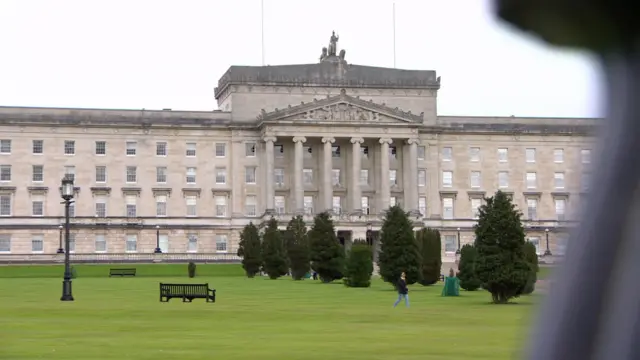'RHI scheme was regarded as high priority'published at 11:10 BST 9 May 2018
Mrs Dolan didn't realise "how novel or complex" the RHI scheme potentially was when she first became aware of it, she says.
She met DETI's energy boss Fiona Hepper in August 2011 to dicsuss it for the first time, with Mrs Hepper seeking input from the auditors on the new initiative, which was high priority for the division.
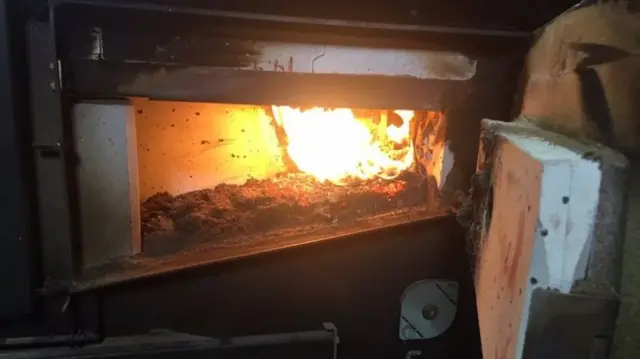
In her written witness statement, Mrs Dolan said the project would also have been high priority for audit "because of the budget and because it was new".
For that reason, the audit team offered to provide advice and guidance and Mrs Dolan says it was left to the energy team to approach the auditors when they needed it.
